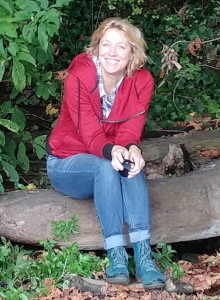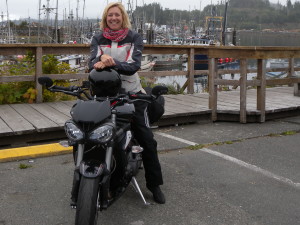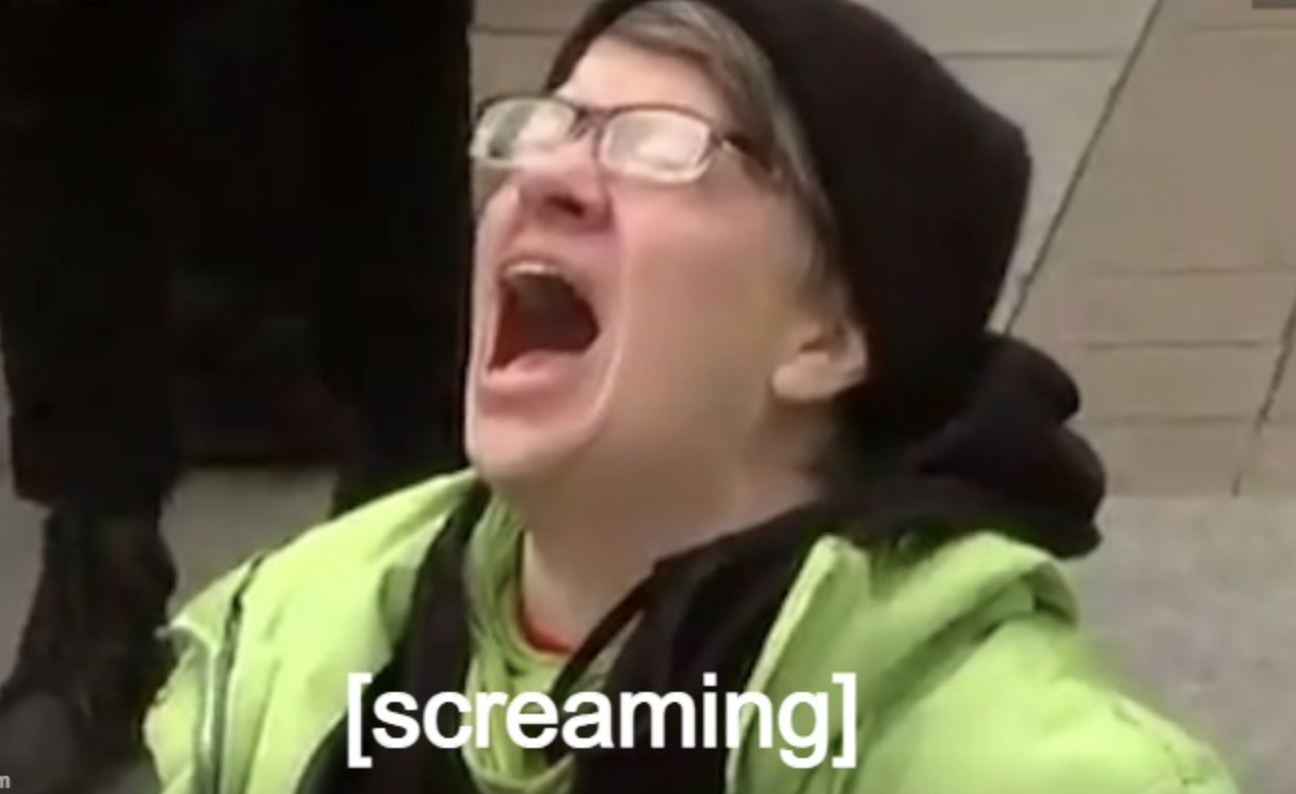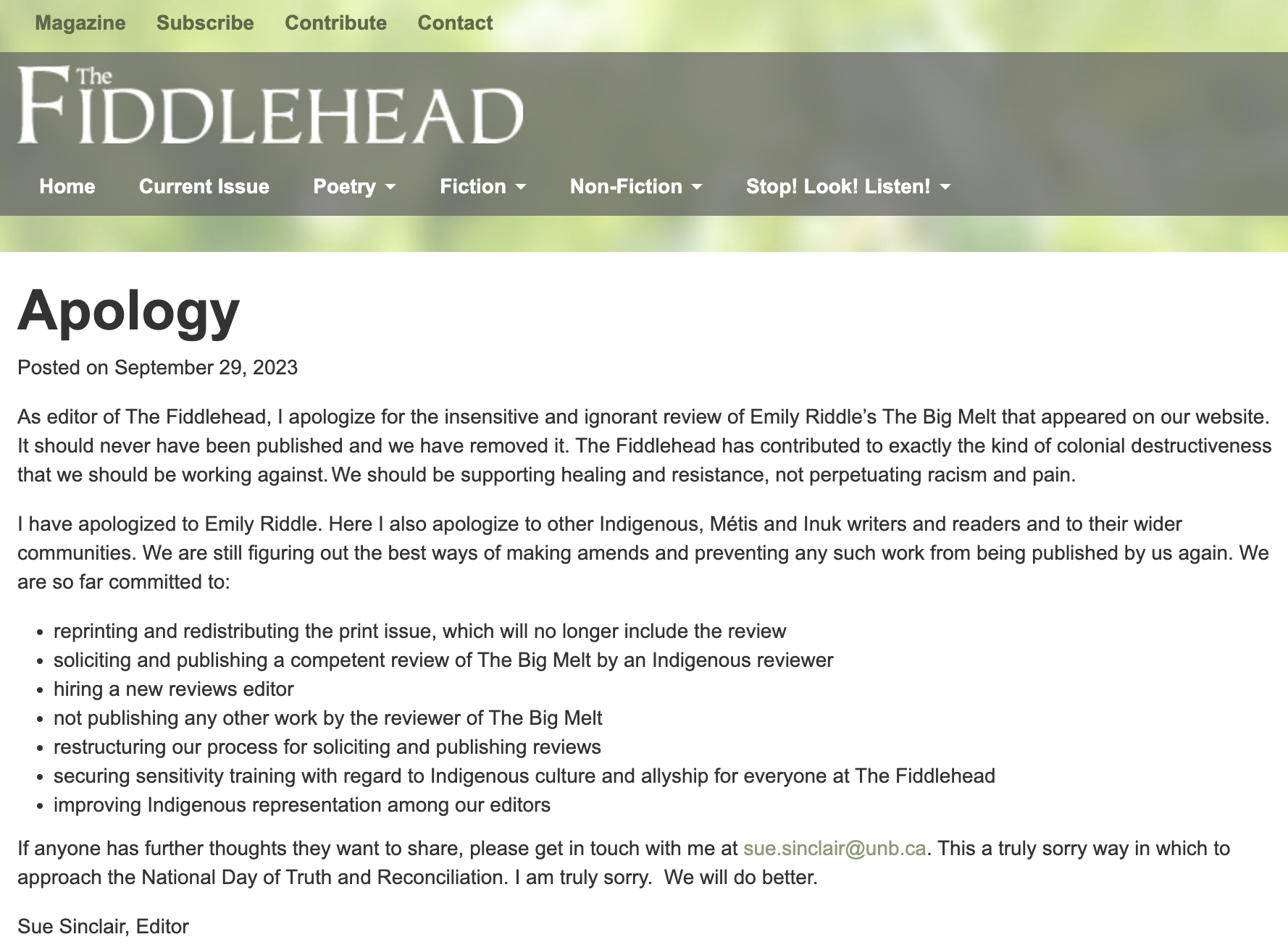 How did you end up in a boat in the middle of a forest?
How did you end up in a boat in the middle of a forest?
There I was in the middle of the Pacific, hauling up my salmon nets, when I was swept away by a rogue wave and landed inland in the mountains of Banff, anchor sunk deep into the forest soil… OK, I was seeking an independent writing retreat that would allow me some degree of social setting (i.e. a purpose-built venue with like-minded artists) but which permitted a solo engagement with the muse. I filled out the forms for a Leighton Residency at Banff Centre for Arts and Creativity, I got my reference, I stated my purpose. The judges nodded assent, the application gods delivered.
Was there fierce (deadly?) competition for the boat studio?
Frankly, I don’t know, but the application is adjudicated and my scribbles were deemed worthy. I am unaware of any consequent corpses, except the mummies I studied while researching the Egyptian Book of the Dead for my project.
Was this your first stay at the Banff Centre? What was your experience there?
No, my first stay a few years ago was a two-week Puppet and Mask Intensive Workshop with the Calgary-based, genre-busting Old Trout Puppet Theatre. (I live an imaginary parallel life as a puppeteer.) There is creativity in the air in Banff. It floats down with the snowflakes, it resides in the mountains, it blows off the branches of trees. You are surrounded by artists and creative people whose presence and like-mindedness are balm for the writer-soul. Bonus: afternoon gin and tonic in the bistro.
Were you much more productive in the studio compared to your usual writing spot? Why or why not?
I admit: I was worried about the confines of the boat. I was jealous of the other capacious, architect-designed, acoustics enhancing studios. But the moment I brushed my boots on the snow-dusted mat, opened the narrow wooden door to the interior of the old fishing boat and saw its swivelling captain’s chair and instrument panel, and its long counter lined by the original wood-frame boat windows, I was smitten. And judging by the comments in the guest book, others also succumbed to the Elsie K’s quirky beauty. Rather than writing in a neutral space, it felt as if I was in a time capsule imbued with history. My productivity was impressive: all-day stints well into evening. I may have to get a boat.
Was the studio Internet enabled? Was that good or bad? Do you think Internetless computers would be good for your production?
I was glad there was Internet in the studio. I often have to interrupt my writing or editing to look something up or conduct research, and I needed to communicate with my composer-collaborator, so it was convenient. As a writer, you learn to be disciplined. Part of this discipline is knowing when the Internet serves your needs and when it interferes with creativity.
From the point of view of location, what are the necessary preconditions for your best writing sessions?
Either all-pervading quiet or clattering mid-range acoustic blur in a cafe with no penetrating voice. There is a magic spot on my living room couch that, if I sit there, seems to hatch ideas underneath me.
The penalty (reward?) for mentioning “twisties” in your bio in Prairie Fire 39:1 is a sudden turn into the off-topic realm of motorcycles. What are you riding these days? In this province, Harley riders do not wave at sport-bike riders and vice versa. What do you make of this curious tradition?
I ride a 765cc Triumph Street Triple RS, AKA the speed machine. I leave the Harley folks to  their own sub-group greeting gestures. All other motorcyclists seem to wave—and the occasional subversive scooterist. I am proud to have recently mastered that nonchalant downward-hand wave that all moto-folks do, mostly guys. It is the coolest thing. (Maybe writers need a tribe wave, too.)
their own sub-group greeting gestures. All other motorcyclists seem to wave—and the occasional subversive scooterist. I am proud to have recently mastered that nonchalant downward-hand wave that all moto-folks do, mostly guys. It is the coolest thing. (Maybe writers need a tribe wave, too.)
Whenever I ride, I’m vulnerable to anyone doing a violent lane change without signalling or a left-hand turner who just didn’t see me. I can’t say I’ll never be torn in half by a dump truck, but there are some solid ways to mitigate risk. I took a course, and I don’t ride drunk or at night. These measures probably eliminate 60% of potential accidents. I can see better than “cage drivers,” stop sooner, accelerate faster, and have a greater buffer between myself and other vehicles.
I, too, took a course, and I never drink and drive, and so far have not ridden at night. I also never ride if I am tired, angry, or upset. Clarity is the key to defensive motorcycling. And, may I add, I love who I am when I ride. It’s a completely different, more physical, less cerebral aspect of myself. I am not Barbara the writer, nor Barbara the gardener, nor Barbara the intellectual. I put on my gear and the moment I pull out of the driveway, I feel free.
Risk seems like a defining feature of life for any organism complex enough to make decisions. Even the most conservative and cautious person faces risk, including the risk of not taking enough risk. Whether it’s whom you marry, ending life with no money or too much, social, reputational, or artistic risk, you can’t avoid it, and you’re not going to have much of a life without it. What are your thoughts on risk?
As regards motorcycling, I actively apply my skills and knowledge of safe riding to mitigate risk. As an artist, I embrace the mantra: no risk, no gain. At times, when some oddball-inspired writing comes unbidden out of my brain, I hesitate “risking” sharing it. But inevitably when I do, readers sense its raw authenticity and thank me for sharing. Every writing voice is unique and readers are often better at spotting this than the writer him/herself. That being said, if you read my man-falls-in-love-with-porcupine story in Prairie Fire, you might have thought—now there’s a gentle person. But this same person recently flung her motorcycle around 48 hairpin curves on the famed Stelvio Pass this summer.
Who are your literary bike-riding heros?
Other than Hunter S. Thompson, I’m drawing a blank.
Should we form a literary biker gang, inflicting poetry slams on the half-cut patrons of dive bars across the land?
I’m working on “Sonnet to the Stelvio Pass” with an improv grunge band.
Many of the writers I interview find self-promotion uninteresting and distasteful. Are you in that group? Publishers will do their best, but their writers are expected to be active and willing participants in the marketing and promotion process. If writers want to be read, I don’t see any way around this. What has been most effective in the promotion of your work?
Writers don’t take well to being “branded.” I do find self-promotion tedious at times. Facebook and Instagram can be life-sucking time-wasters. But if you consciously use these tools for your own purposes and create boundaries that protect your writing time, they can be beneficial. The key is to build an audience on who you really are, to showcase your work and allow people to see and comment on it. Create a dialogue around it. In the past, readers didn’t get opportunities to connect with their favourite authors. But modern book promotion has proved that they’re eager to do so. Also, and I need to improve in this department, and it may seem counterintuitive, self-promoting writers need to promote other writers, not only to create a like-minded network, but to acknowledge the greater writing community. I do also find that winning contests has boosted me from total obscurity to modest public recognition.
Who has been most helpful in your development as a writer? How were they helpful?
Since I launched into serious writing about five years ago, I’ve been on the self-directed MFA program. My teachers have been the many masters of the short form genre, both dead and very much alive. Looking to the past innovators, I would cite Chekhov, Garcia Marquez, Carson McCullers, Raymond Carver, William Trevor, as some of my teachers. I have closely read and reread their work and studied their methods. For more recent writers I would cite Tatyana Tolstaya, Kathy Page, Karen Russell, David Hayden, Lorrie Moore, Kevin Barry, Barbara Gowdy, George Saunders (and many others), as those who have inspired me and spurred me to modern methods in short story writing. I also have some dedicated readers who continue to amaze me with their microscopic reading of my work. I owe them so much. My short story manuscript has now joined a legion of hopefuls on the desk of a Canadian literary agent.
What is the writing community like in your area? Are you heavily involved? Do you flit around the edges, or do you avoid it altogether?
I used to be very solitary. In the past couple of years, however, I have sought more connection with my local writing community. Sometimes in this city it’s hard to break into long-established writing groups despite any success you might have had. But lately, I’m shifting my focus from acceptance to thinking, “What can I do to contribute?”
Have you ever struggled with procrastination? If so, how did you overcome this problem?
I am a tough task-master. Because I worked for so many years as a freelance writer, editor, and journalist, I am hard-wired for making deadlines, even self-imposed ones.
Is it possible or even desirable for an artist to have a balanced life?
There are shoes for that.




Leave A Comment